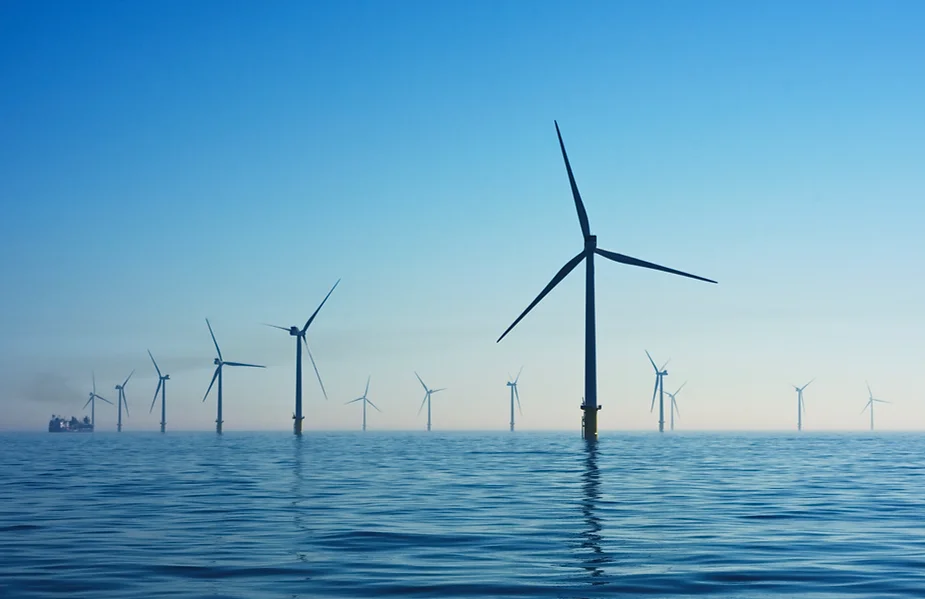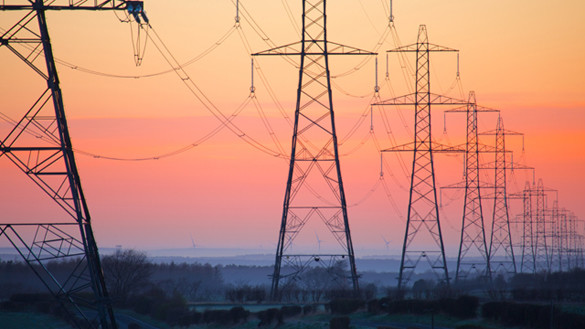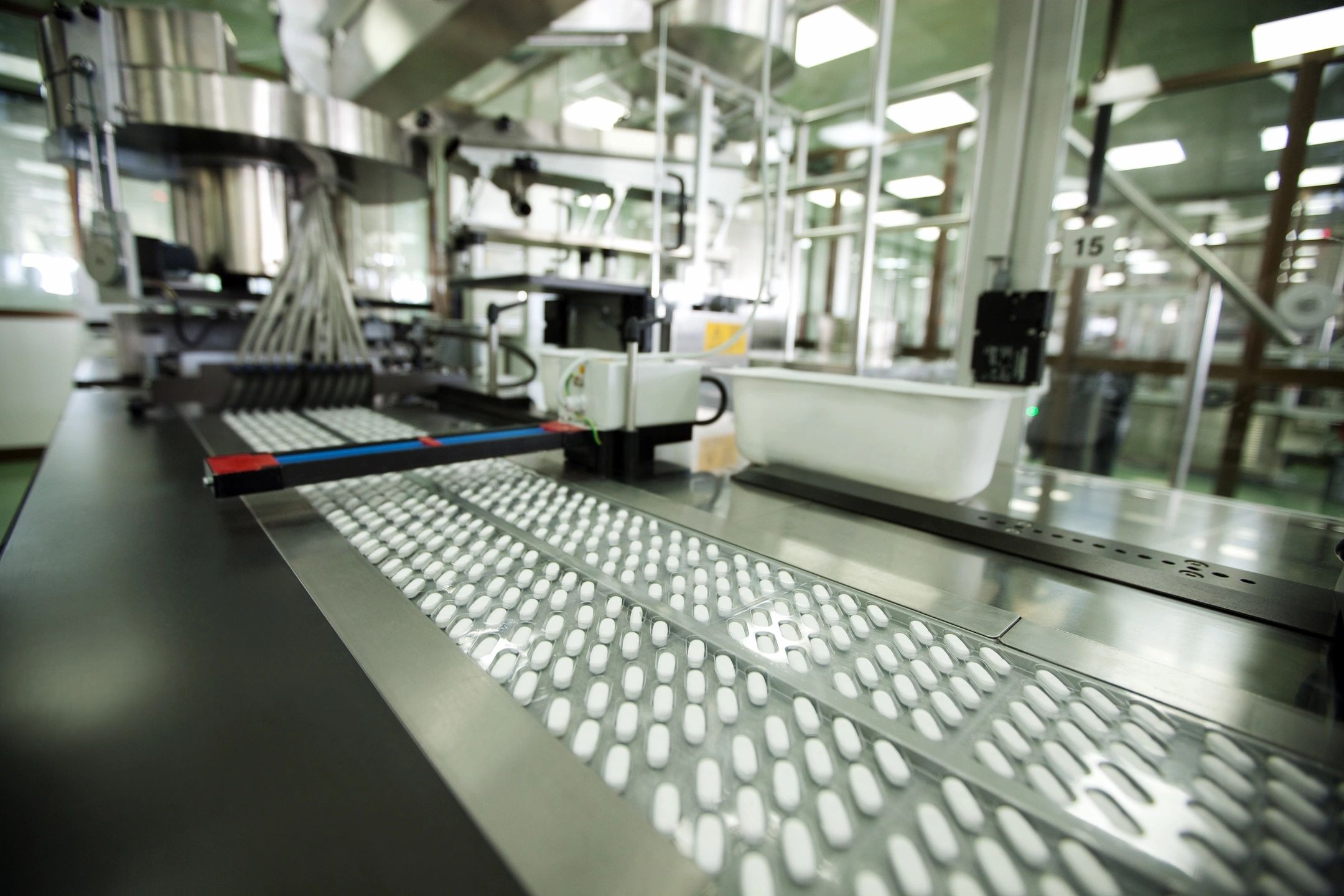When Boris Johnson presented his ten-point plan for a green industrial revolution, back in November, he was echoing the words of Joe Biden who had said, a few months earlier, “when I hear the words ‘climate change’ I hear the word ‘jobs’”.
The Prime Minister’s plan promised to make £12bn of investment available to support up to 250,000 jobs in the UK in the race to achieve net zero. And we have made a pretty good start, with evidence of an encouraging carbon reduction already happening as businesses make the transition to renewable energies.
The UK has the largest installed capacity of offshore wind in the world, with around 10 gigawatts in operation.
New technologies in carbon capture and storage have the potential to significantly reduce emissions; and the Environment Agency’s Regulating for People, Environment and Growth report showed improving trends in environmental compliance and pollution incidents. It also reported that emissions of air pollutants have fallen since 2010, in the case of nitrogen oxide by over 60 per cent.
The Prime Minister’s ten-point plan also insisted we can find a way to have ‘jet zero and greener maritime’ by researching hard to de-carbonise industries and aiming for zero-emission planes and ships. The UK committed itself to the goals of the 2015 Paris Agreement, which promise to ‘strengthen the global response to the threat of climate change’ and, shortly after his inauguration as President of the USA, Joe Biden rejoined on behalf of his nation.
The appointment of Andrew Griffith as the UK’s new Net Zero Business Champion on 18th February strengthened the government’s green team for the COP26 Climate Summit in Glasgow in 2022. The team has already begun a period of consultation in which they are asking businesses to contact them and explain the steps they are taking towards zero electricity. The consultation period has been extended to the 31st March due to pandemic interruptions.
British business is on board.
In February the Climate Pledge, co-founded by Amazon and Global Optimism in 2019, announced that 20 new companies had signed up, to take the total number to 53, while the Bank of Santander has joined the race for net zero emission by 2050. The bank has committed to ‘aligning Santander’s portfolio to meet the Paris Agreement goals’, and, significantly, by aiming to stop providing financial services to power generation clients with more than 10 per cent of revenues dependant on thermal coal by 2030.
That’s quite a leap for the bank to make and we’ll watch this space to see how many of their competitors follow suit, and how quickly.
Businesses from a diverse range of sectors can take steps to reduce their carbon footprint, and Enerlytic’s Analytics tools can help to measure and analyse your consumption, ultimately leading you to ways in which you can reduce costs, consumption and carbon.
Whether you aim to achieve your goals by increasing your lighting efficiency, reducing your energy usage in data rooms or optimising your heating and cooling systems, or any of the myriad of changes you can make, we’ll be here to run the race with you and put the power back in your hands.






